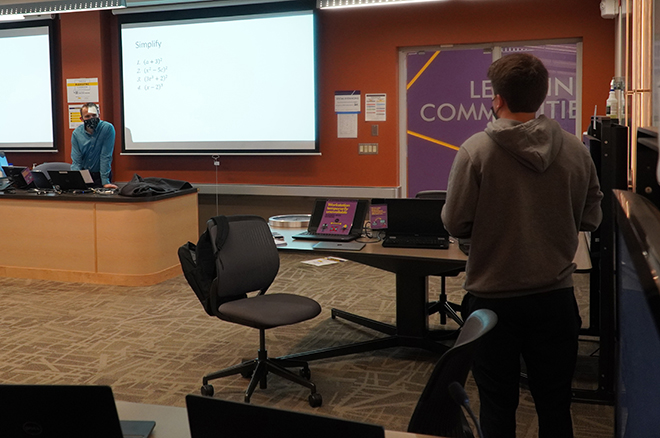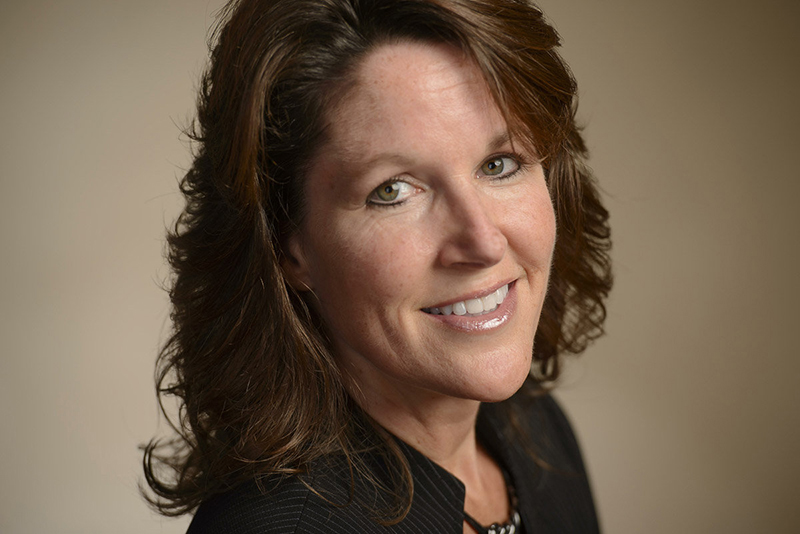From the dawn of learning, there’s been one in every class: The student who’s on top of the material and can answer every question.
Right now, in a 1-year-old University program, such students are the central forces in helping others in their class succeed. The program is called MavPASS in which designated students help their classmates understand course material. One year into it, the numbers – and grades – look promising.
MavPASS is a growing University program launched in 2019 to help students struggling with courses, most of them at the 100 and 200 level in statistics, physics, math, economics and others where the data was indicating failure or withdraw rates that needed improvement. Targeted in the program are the roughly 40 to 50 courses on campus that have 25 percent or higher rate of students receiving Ds, Fs or withdrawing.
Each class participating in the program has among its students one who has already taken the course and makes themselves available for weekly sessions that students can attend on a drop-in basis.

One of the first students to take advantage of the program is Cooper Fuller. He didn’t feel he was failing out, but was eager to better understand his microeconomics course..
“I was driven to go [to a MavPASS session] pretty much to just better understand the material. And that’s what happened,” said Fuller, a junior economics major.
The MavPASS program grew from an initiative led by Vice President for Diversity and Inclusion, Henry Morris. Morris and the University administration sought to address and improve courses with low course success rates and/or high opportunity gaps (which reflect a gap in performance between students of color and white students due to systemic lack of opportunity in the educational system).

“Obviously that’s going to impact retention if students are failing gateway courses and can’t move on in their majors, or financially can’t afford to re-take the course,” Said MavPASS director Laura Jacobi.
Jacobi said MavPASS’ first year has been a winner for students. Simply put, the more students attend a weekly MavPASS session, the better their grades. DFW (drop/fail/withdraw) rates drop to zero when students attend 10 or more MavPASS sessions.
A year into it, Jacobi continues working to advance the cause and alert students of color in particular to its availability due to the opportunity gap in a number of courses.
“Obviously you want them all performing at the same level but they don’t because of the lack of opportunity that some domestic students of color have experienced. So part of this program is intended to close that gap,” Jacobi said.
Fuller recalls how the MavPASS sessions he attended allowed not only an understanding of the material, but an a-HA moment for economics in general.
“Comprehension of the material, actually understanding it, which is the most important part of going to college, that went through the roof,” he said. “I actually understand what microeconomics is all about. I didn’t just memorize it.”
Today, Fuller is a MavPASS leader, the student in the class who’s there to help others.
“We can interact, we can have fun,” said Fuller, who’s made friends through the program. “It’s not just getting the material done. There’s a real social aspect.”
“It feels great to know you make a difference,” said Andy Johnson, who has been teaching as a MavPASS Leader since 2019. “I think that for my class, anyone who came to more than 10 sessions passed the class. And I think somewhere around 97 percent of them ended with an A. The stats go to show it really works. It’s a good program.”
Learn more about MavPASS here.
Speak Your Mind